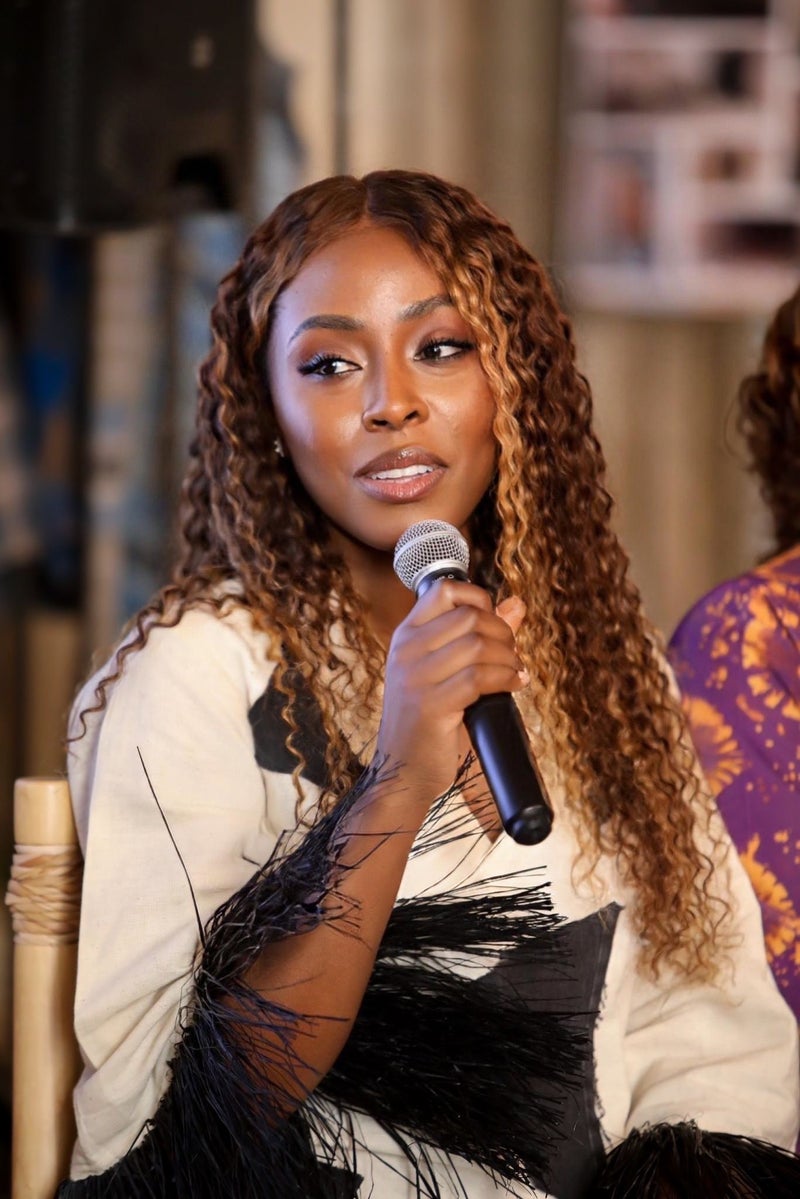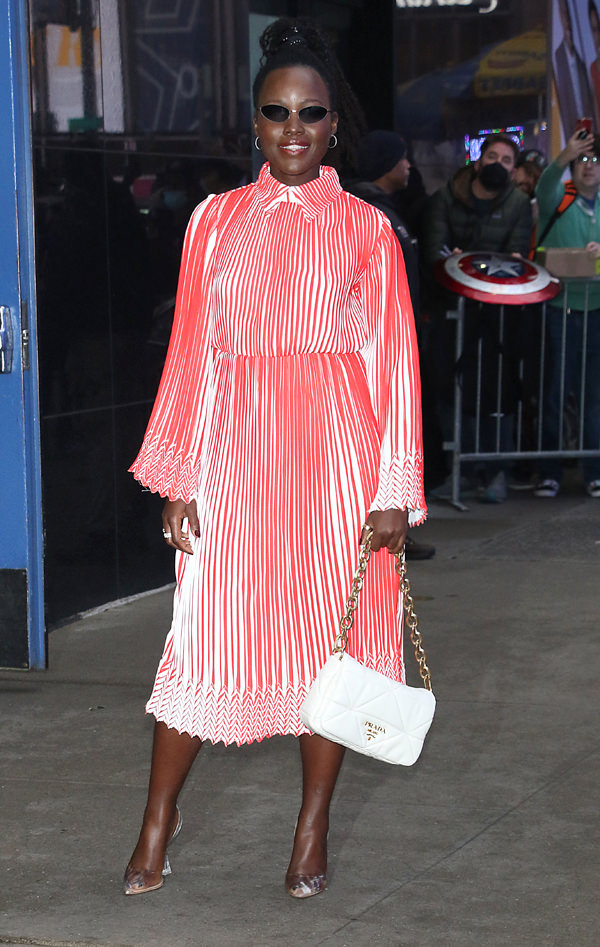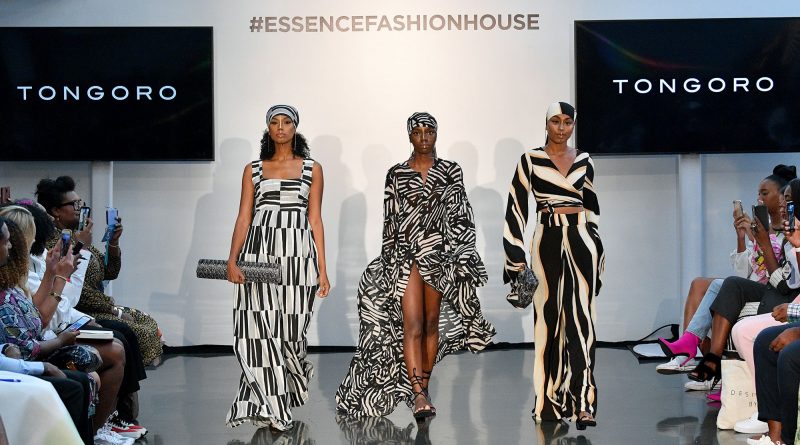African Fashion takes on the Global Stage
Tiya Antony
Fashion News Editor
Within the last couple of years, there has been increased attention and demand for African designers in the global fashion context. This larger presence stems from the various designers who have made their mark through fashion shows and social media, as well as the support from famous celebrities like Beyonce and Naomi Campbell.

Idelle Taye was born in Texas and grew up in Cameroon surrounded by rich textiles and local, talented tailors. She founded Guzangs in 2020 after realizing the underrepresentation of black fashion designers in the US. Idelle makes modern African fashion by reimagining old dressmaking methods and mixing textiles. Thebe Magugu was the first African designer to win the LVMH Prize for young designers in 2019 and recently opened his first fashion house.

Magugu explains that African fashion is known for combining storytelling elements and cultural identity with modern designs. The vast cultures of the continent are combined into the art of fashion and storytelling. The UNESCO report from 2023 predicted that the demand for luxury African clothing will increase by 42% by 2033.
The major struggles for the African fashion industry are funding and infrastructure. Importing fabrics is expensive for African designers and makes it difficult for small starting businesses to import diverse types of fabrics. One way for designers to counter this difficulty is by utilizing raw materials within the continent instead of importing fabrics. This will allow the designers to cut the costs but still be able to create wonderful pieces. Designers can also collaborate with local artisans to create great designs with local resources and products. The government can also work to improve transportation networks within the continent to make it more affordable for designers by reducing or limiting tariffs. Using resources from within the continent would also ensure buyers of excellent value and quality products.
Africa holds around 32 fashion weeks each year and some of them receive a lot of attention such as the ones in Lagos and Cape Town. These fashion weeks do not bring a lot of international buyers to the continent, but African designers attend international fashion shows to create connections and expand their networks. There have been more and more designers launching new collections at various international fashion weeks like in Paris or Tokyo. These international stages allow the new generation of African designers to share their work with the entire world.
Contact Tiya at antonyti@shu.edu

